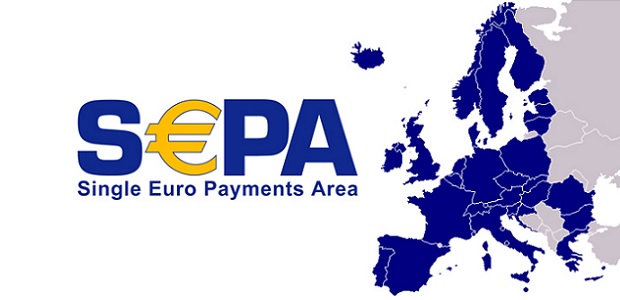
European Payments Council spoke with Gent Sejko, Governor of the Bank of Albania (BoA), about Albania’s journey toward Single Euro Payments Area (SEPA) membership, the digital transformation of its payment ecosystem, and the growing role of innovation and financial inclusion in shaping the country’s economic future.
Albania became part of the SEPA geographical scope in November 2024. As of May 2025, all Albanian banks are registered participants in the SEPA scheme, ready to be operational by 7 October.
How have electronic payment methods – such as mobile payments, e-wallets, and online banking – evolved in Albania, and what impact are they having on consumer behaviour and financial inclusion?
In 2018 the World Bank helped Albania adopt a strategy for the modernisation of payment systems and instruments starting from very low levels of financial inclusion1 through the promotion of innovation, digitalisation, and competition in the market. The new rules, players, and services contributed to an increase of 4.6 times in electronic payments per capita in six years. Now seventy-eight percent of the adult population has at least one bank account, up from forty percent in 2017. The value of cashless payments accounts for roughly two and a half times the country’s GDP.
Apart from the new Electronic Money Institutions (EMIs), traditional banks have also shown a proactive role in driving the use of electronic payments, with a considerable increase in accounts accessed through the internet (around forty percent).
Have the Albanian Central Bank or government measured the economic impact of inclusion in SEPA? What quantitative benefits are anticipated?
The immediate benefit is a reduction of costs in making cross-border payments with European counterparts, be they business entities or households. We have estimated that savings from the cost of transfers within SEPA will be at least twenty million euros in the first year of operation.
On top of that, eighty percent of around one billion euros of remittances are from the SEPA zone, which are currently made using payment rails that cost five to six percent of the transactions’ value. These costs are expected to reduce at least five-fold when using SEPA schemes.
Furthermore, we believe that the benefits from SEPA are amplified by the advantages of having access to a bigger market, easier movement of capital as well as the advantages of being able to meet the objectives under the Growth Plan.
An expected shift in consumer behaviour towards digital payments and an increase in financial inclusion are also part of the added value chain. Once these channels are functional and more data become available, we will have further quantitative estimates on the benefits of SEPA. Certainly, these advantages will feed into overall economic growth and make an important contribution to our GDP.
How do you see the Albanian payments sector developing in the near future?
One of the main objectives for Albania, at least until 2030, is full alignment with the EU acquis in the framework of our EU integration agenda. Our other immediate objective is the establishment of an instant payment system that possibly develops cross-border instant payments within the region, and participation in TARGET Instant Payment Settlement (TIPS).
The full interview here
_____________
1 https://www.bankofalbania.org/rc/doc/NRPS_update_3July2018_12078.docx
Banking 4.0 – „how was the experience for you”
„To be honest I think that Sinaia, your conference, is much better then Davos.”
Many more interesting quotes in the video below: